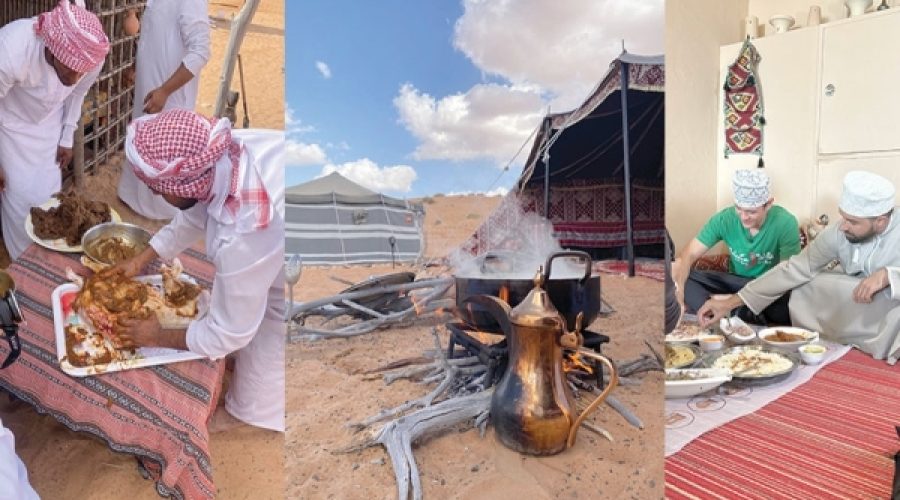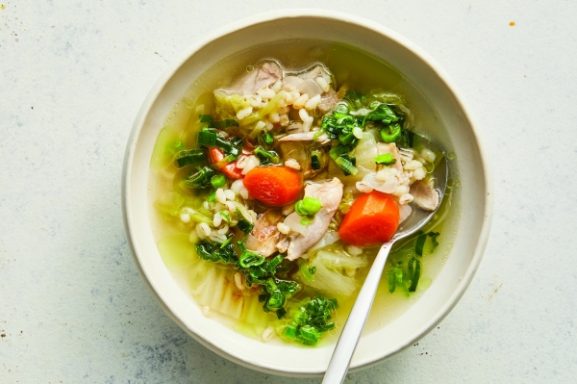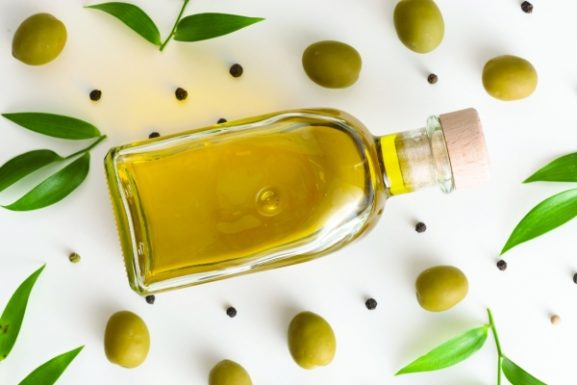Omani Flavours Captivate Mark Wiens: How This Food Trend Can Boost Your Business Potential in Oman
Renowned Food Vlogger Mark Wiens Returns to Oman for a Culinary Adventure
Mark Wiens, a prominent travel and food vlogger, first visited Oman in 2016, and the experience left a lasting impression on him. Known for his enthusiastic reactions and commitment to showcasing culinary traditions, the American-born YouTuber has traveled the world documenting diverse food cultures.
Years later, Ahmed al Lawati, a Muscat-based food and culture enthusiast, encouraged Mark to return for a deeper exploration of Oman’s culinary landscape. “Oman has incredible natural beauty, but remains one of the Gulf’s best-kept secrets,” Ahmed remarked, having personally curated the immersive itinerary. He aimed to highlight the authentic aspects of Omani culture, focusing on wadis, hidden villages, and the stories told through local cuisine, rather than luxury hotels.
Their journey spanned from the lush landscapes of Salalah to the sweeping deserts of Dhofar, culminating in the vibrant traditional eateries of Muscat. Along the way, they indulged in local specialties such as shuwa, a festive slow-cooked lamb dish prepared underground, and madhbi, which features rice and grilled meat served hot from stones.
Mark expressed his appreciation for Omani hospitality, stating, “The word that comes to mind is ‘genuine.’ Omani people are genuinely friendly and hospitable. And the food? It’s incredible.” With millions of views per video, Mark tells captivating stories through his food adventures, and in Oman, he discovered a rich narrative worth sharing.
Under Ahmed’s guidance, he engaged in time-honored cooking traditions, participated in village preparation rituals, and savored dishes enriched by centuries of trade. “Food is food,” Ahmed explained, “but the preparation journey—the story behind it—makes Omani cuisine unforgettable.”
One standout moment involved preparing shuwa in the desert. “It’s not just a dish; it’s a celebration,” Mark noted, adding that the variations of shuwa across Oman are remarkable, each with its own unique flavor but all embodying a spirit of togetherness. They also explored lesser-known dishes, such as paplo, a comforting rice and meat blend, and maleh salad, made with dried, marinated fish. Ahmed emphasized, “Paplo deserves international recognition—it’s simple yet layered with flavor.”
Mark, who has sampled diverse global cuisines, was particularly impressed by Omani ingredients like dried lemons and date syrup. “Dried lemons are my favorite; they infuse dishes with a unique aroma,” he said. He also praised the complexity of Omani halwa, highlighting its craftsmanship.
Their trip transcended culinary experiences, serving as a platform for cultural exchange. At various stops, locals recognized Mark, eagerly capturing selfies and expressing gratitude for featuring their country. Ahmed remarked, “This illustrated the power of storytelling in promoting tourism and culture.”
Their collaboration aligns seamlessly with Oman’s tourism vision, which extends beyond scenic beauty to encompass a rich tapestry of traditions and flavors. “Videos like these are not only visual delights but vital tools for education and cultural exchange,” Ahmed added.
Reflecting on his journey from Bangkok, Mark shared, “You travel for food, but it’s truly about the people you meet.” He concluded with a smile, “I returned with dates and halwa, but I’m already planning my next visit—there’s so much more to discover in Oman.”
Special Analysis by Omanet | Navigate Oman’s Market
The recent gastronomic journey featured in the article highlights Oman’s untapped potential as a culinary tourism destination, presenting a unique opportunity for businesses to leverage authentic experiences. Investors and entrepreneurs should consider developing local food ventures and immersive cultural tours, as these initiatives not only attract tourists but also showcase Oman’s rich heritage. However, businesses must navigate the balance between promoting tourism and preserving the local culture to mitigate any risks of commercialization.



